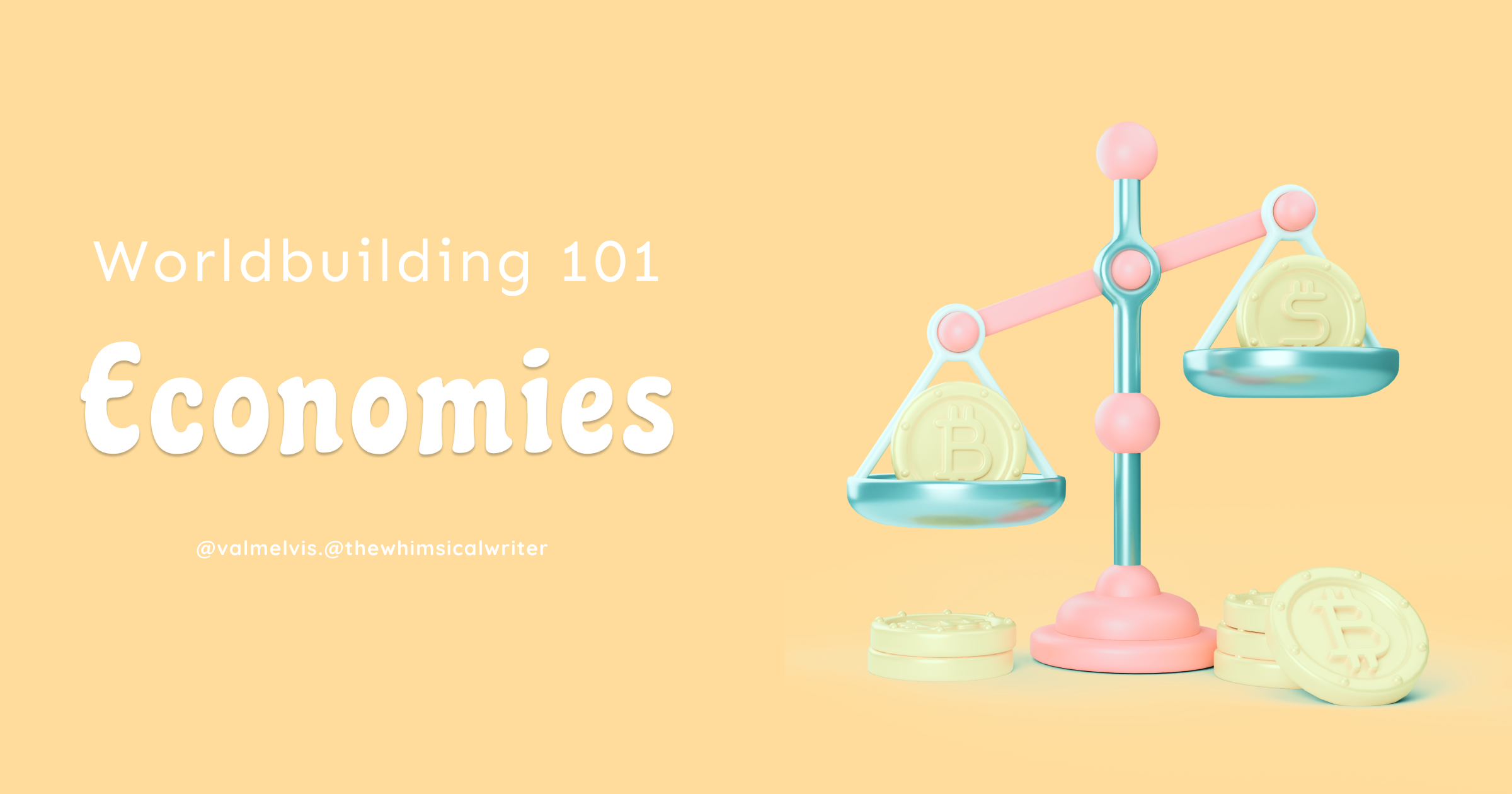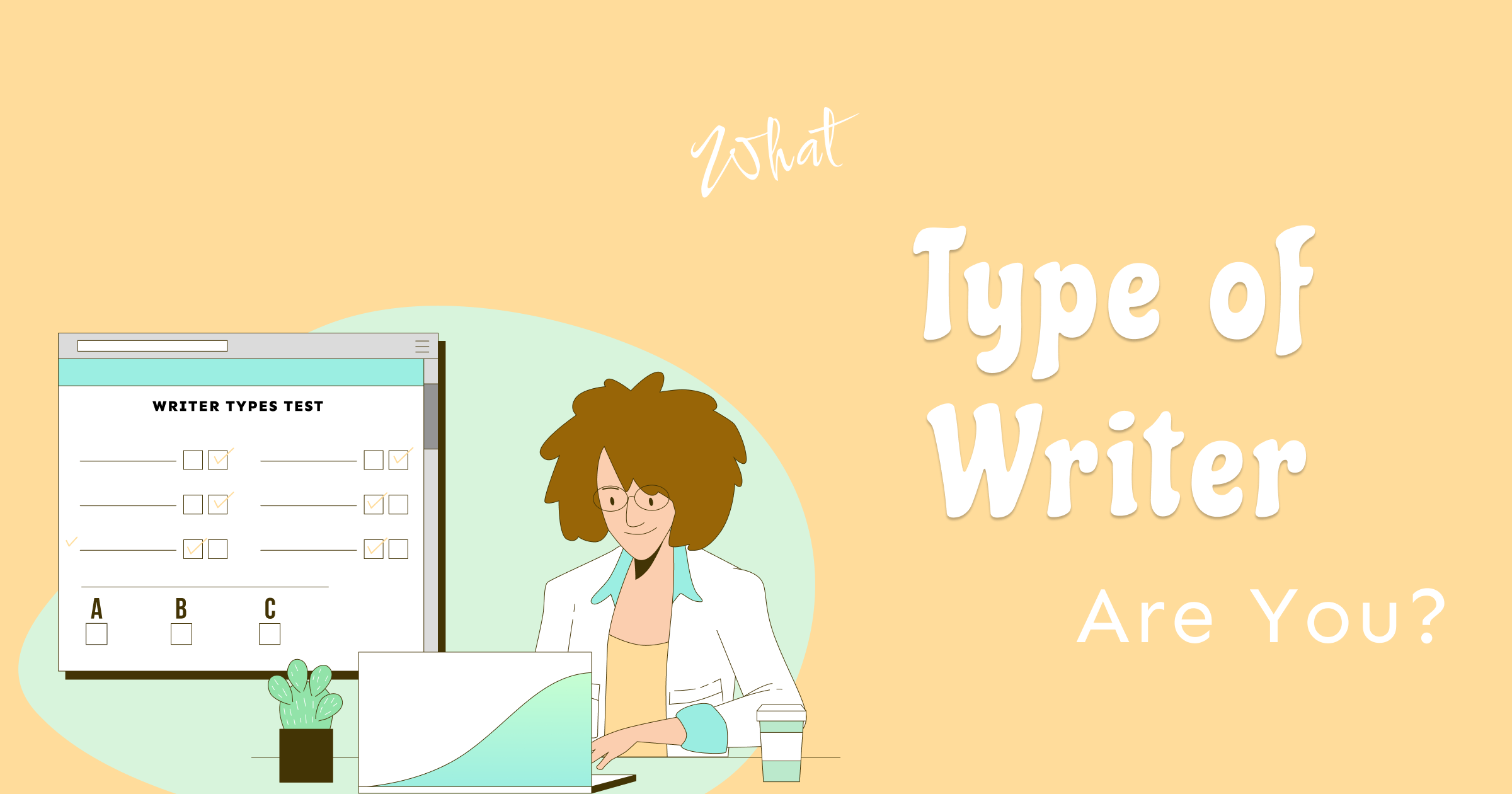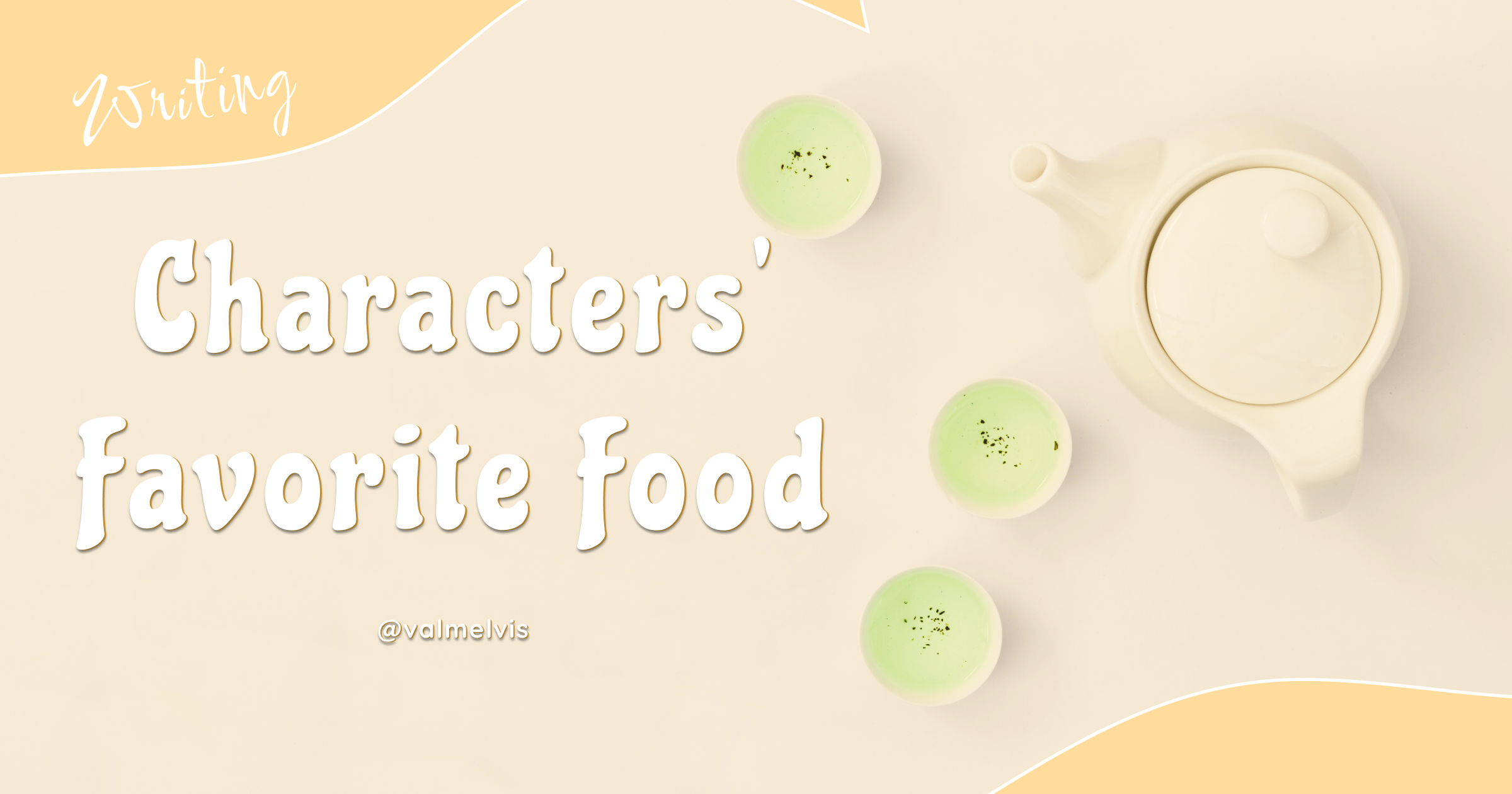Welcome to worldbuilding 101; all you need to write a realistic fantasy world.
Today we shall tackle economies, which is great because I was pretty good at economics in college. Now, according to the Oxford Dictionary, an economy is “the relationship between production, trade and the supply of money in a particular country or region”.
So what are some points to keep in mind when worldbuilding an economy?
💴Currency
Most countries nowadays depend on money for purchases rather than trading.
This means that you will want to set up a realistic currency for your economy.
It could be a very strong currency if it’s based on a constant precious metal such as gold. This means that the chance of the currency, and thus the economy, failing would be lower and that trade with other countries could be conducted more easily.
Of course, in real life, it could look like this:
Europe, an empire if you think in fantasy terms, shares a common currency that can be easily used in all the countries of the European Union. This also allows prices to remain relatively stable in the different countries and encourages the citizens to travel relatively within the “Empire”. In Germany, many food items such as milk, water or vegetables can be bought for less than 1 Euro, which makes life cheaper for the citizens and increases the life quality as they can spend more money elsewhere.
Having a strong currency usually means having a good economy.
👨👩👧👦Effect of the economy on society
Speaking of the effect an economy has on the country’s society and standards of living, it is greatly related.
When the economy is strong, wages are high, costs are low and life is easier. This generally leads to a more happy society and often ends up attracting migrants from outside the region.
On the other hand, the 2008 Financial Crisis was also known as a “Depression” because the market was down and so was the well-being of its citizens.
When you have to think twice about purchasing a new sweater for winter or only being able to eat one meal a day, it tends to bring you down. If that happens to the entire family, city or country then the standard of living drops dramatically.
With less motivated workers, fewer jobs on the market and more people desperate to provide for their loved ones it often leads to the dystopian novel landscapes you read about.
🧑💼Desired professions
When considering an economy for your novel, you need to think about coveted professions as well and why they might be, which is why I wrote this awesome article here.
In a society with a strong economy, you will find people doing jobs that they want to do rather than what they need to do. Here Character A could be the singer she always dreamed of being, performing at weddings and in grand opera halls.
If the economy is bad, then her clients would be out of money which would make them divert their income to bare necessities such as rent, food and medical stuff. Character A is more likely to be a housemaid or office worker in this economy.
There is nothing wrong with any of these jobs, but where there is more funding people tend to have more freedom to pursue their career goals.
📑Import and Export
Another factor for economics is the trade; the import and export of a nation.
Generally speaking, countries that import little and export a lot have some of the healthiest economies as they are not dependent on neighbouring nations for materials. A fertile meadow-like kingdom that is rich in natural resources like timber and water, livestock and plants would not need to import much to keep its citizens thriving.
The reverse is also true.
If your nation is set in an ice desert (yes, they exist!) then the ground is frozen, which means nothing can grow, livestock is limited to some fish or fowl and materials except for ice are sparse.
Imports and exports should make sense as well.
Some nations with bad rulers might choose to export more produce than they should to achieve a higher profit margin, though it keeps their own people starving.
Of course, if you had a kingdom of a thousand trees, they might have too much timber, which would make wood and paper their main exports.
Adding realism to your fantasy economies is a great way to guide your reader deeper into the world of your novel.
🏞️An example
Now, let’s take all that we learned and I’ll come up with a case study for you:
Fěicuì hǎi is a powerful dynasty that has been compared to a spring blossom surviving the bitterest winter. Its capital is a port city that borders the emerald sea, which makes native fish and eels its main export to the surrounding landlocked nations. Despite being a thriving dynasty, just 50 years ago famine ruled the now crowded streets of this nation. This caused many of its citizens to search for a better life elsewhere. Thankfully, more and more seafarers and fishermen have returned in recent times, allowing the economy to grow stronger and the Cuie to become a more desirable currency for its neighbours.
Thank you for taking time to read this and I hope it helps you craft a better economy for your story. Have a mega wonder-filled day💛!



